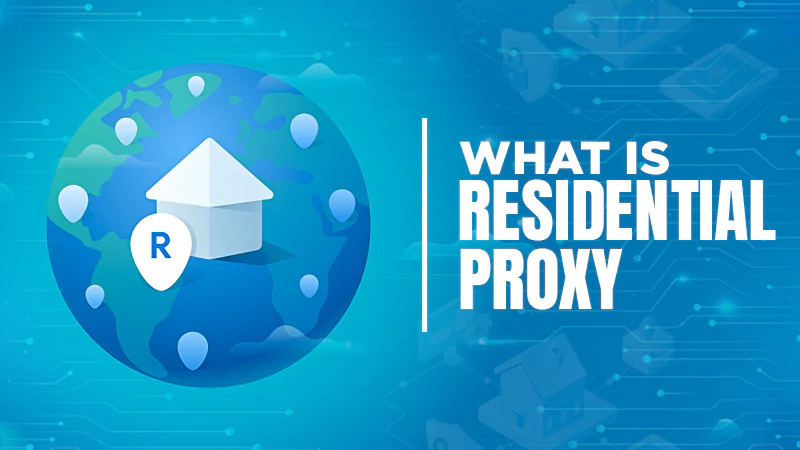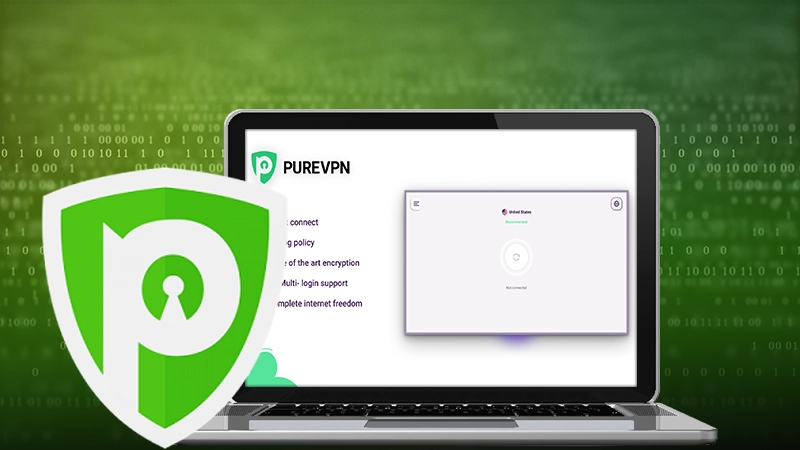DNS Security vs DNSSEC: All You Need to Know
Many people think that DNS and DNSSEC are the same things. In reality, they are not the same but you’ll require both of them.
DNSSEC is a technical best process that uses cryptographic digital signatures to authenticate DNS queries and responses. DNS security, on the other hand, is the idea that you can use DNS data as a protective DNS service to improve the security of your entire network.
Definition of DNS Security
DNS security is a word that refers to the DNS protocol’s security mechanisms. As you may know, the DNS (Domain Name System) was not built with security in mind from the start.
DNS security is a concept rather than a specific method, protocol, or extension such as DNSSEC. At its most basic level, it entails utilizing your DNS data to improve the security of your company’s network.
DNS security has recently been acknowledged by Gartner as critical for boosting your network’s overall defense. Historically, DNS has been viewed as a valuable asset that must be guarded. A DNS attack might manifest itself in a variety of ways.
Meanwhile, its contribution to overall network security is underappreciated. It’s significantly less prevalent as a line of defense in a comprehensive security strategy. However, two key US security agencies issued guidelines recommending protective DNS as a protection technique, confirming the importance of DNS in identifying network threats.
DNS security, on a strategic level, includes incorporating DNS into your overall network security plan. In terms of operations, this entails implementing DNS security best practices that protect critical assets on your network. You can use a variety of approaches and platforms, such as DNSSEC and BlueCat.
While filters, firewalls, on-device agents, and other security software platforms scan or protect various sections of the network, DNS can provide crucial contextual information that can help you figure out what’s going on. You can see who’s there, what they’re attempting to get, and if there are any deviations from usual activity patterns.
Also, Read to Know: What is a Private Blog Network PBN?
What is DNSSEC?
DNSSEC is a set of extensions that helps to secure the Domain Name System (DNS) by ensuring that DNS results haven’t been tampered with. DNSSEC can be used by businesses to increase DNS security.
DNSSEC protects against DNS cache poisoning and spoofing attacks. DNSSEC only protects data transmitted between signed zones, not the entire server.
DNSSEC protects DNS information sent between DNSSEC-configured name servers by providing origin authentication. Whether the response to the request is successful or not, DNSSEC assures data protection from one signed zone to the next.
DNSSEC has Several Advantages.
DNSSEC aims to improve Internet trust by preventing users from being redirected to counterfeit websites or undesired locations. Malicious actions such as cache poisoning, pharming, and man-in-the-middle assaults can be avoided with this approach.
DNSSEC encrypts the resolution of IP addresses with a cryptographic signature, ensuring that the DNS server’s responses are correct and authentic. Visitors can be assured that they are connecting to the actual website corresponding to a domain name if DNSSEC is properly enabled for that domain name.
What Is Mobile Proxy And How Do They…
What Is Residential Proxy? Definition And Guide 2024
Protect Yourself from Cybercrime: Top 5 Smart Strategies…
Strategies for Cyber Success: Safeguarding and Managing Your…
Cybersecurity Course Online: Navigating the Digital Threat Terrain
Are You Being Spied On? 5 Reasons Why…
Fortifying Your Online Fortress: Unveiling the Best Paid…
The Imperative of Cybersecurity Integration in Front-End Development…
10 Tricks for Staying Cyber-Secure While Binge-Watching
Securing Your System: The Importance of Anti-Malware Software
Benefits of VPN for Enterprise Networks: Enhanced Security
PureVPN – The Best Streaming VPN












